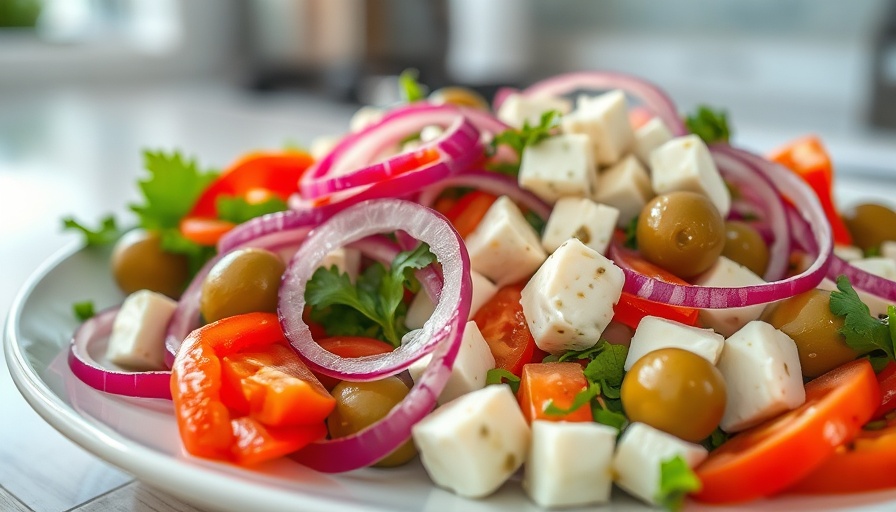
Why Automation is Essential in Modern Restaurant Management
Recall incidents can hit restaurants unexpectedly, regardless of their rigorous adherence to food safety standards. Whether it’s cucumbers or baked goods involved in a recall, being prepared and responsive can be critical to preserving brand integrity and public trust. For restaurants that fail to implement automated recall management systems, the repercussions can be severe: financial losses, damage to reputation, and diminished customer confidence.
The Drawbacks of Manual Systems
Many restaurants still rely on outdated manual systems which prove slow and prone to errors, particularly during a crisis like a food recall. Employees may find themselves rummaging through paper files or endless spreadsheets to track affected products, wasting valuable time and risking further mishaps. As dining establishments aim for the high-end market—think of the top-rated gourmet restaurants in London—this inefficiency simply does not align with the expectations of discerning patrons.
Benefits of Automation in Recall Management
Transitioning to an automated recall management system brings numerous advantages, especially for those at the forefront of the fine dining industry:
- Speed: Automated systems drastically reduce the time required to collect data and communicate with trading partners, allowing restaurants to act swiftly during a recall—potentially cutting resolution times in half.
- Collaboration: Enhanced technology fosters better collaboration between trading partners, ensuring that everyone is on the same page. This is essential for fine dining restaurants that often work with suppliers offering elite products.
- Visibility: With automation, restaurants can quickly ascertain whether products received have been implicated in a recall, ensuring timely responsiveness and safety.
Conclusion: Embrace Automation for Better Dining Experiences
Implementing an automated recall management system isn't just a operational improvement—it's a necessary step towards ensuring that your restaurant can uphold the highest standards, especially when serving gourmet dishes to the public. As the hospitality landscape evolves, those who adopt new technology will lead in the luxury dining experience marketplace.
 Add Row
Add Row  Add
Add 




Write A Comment